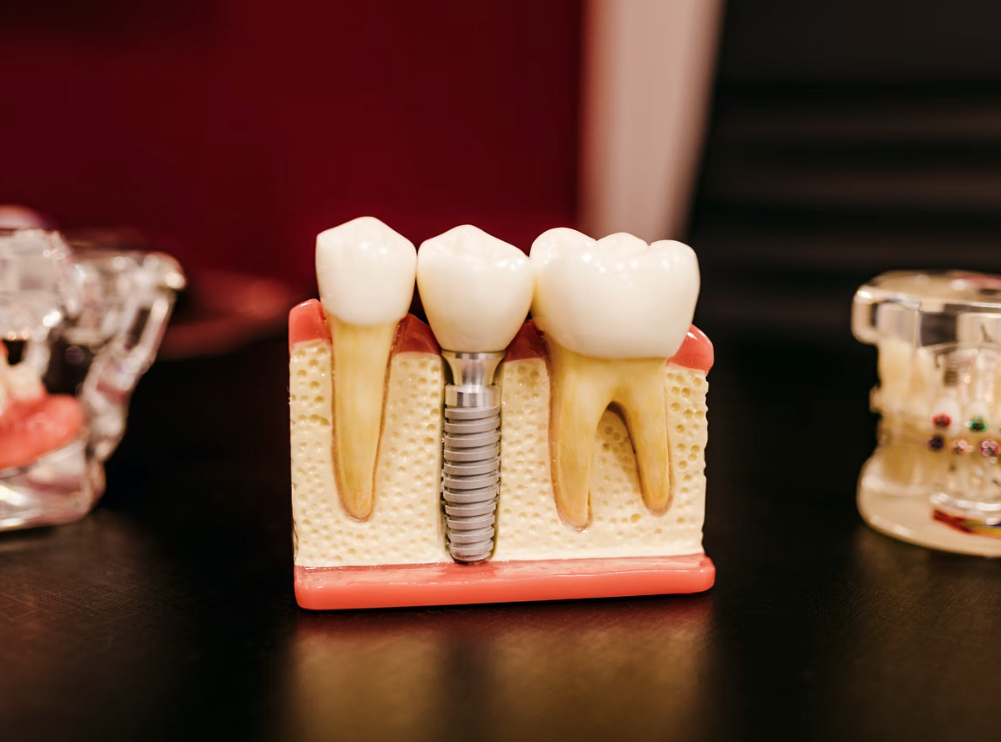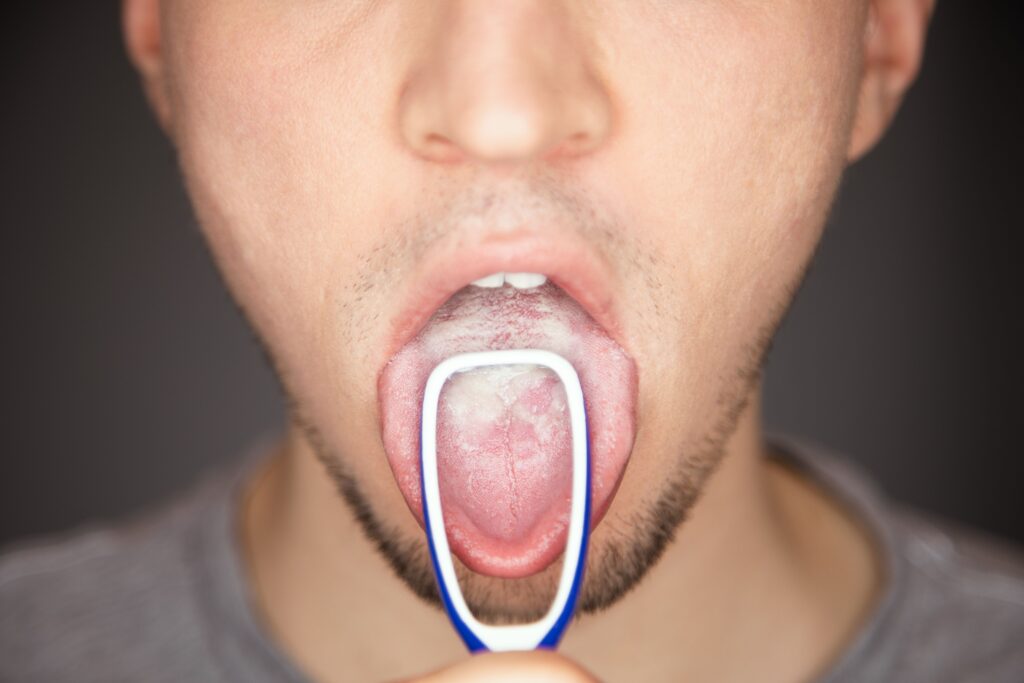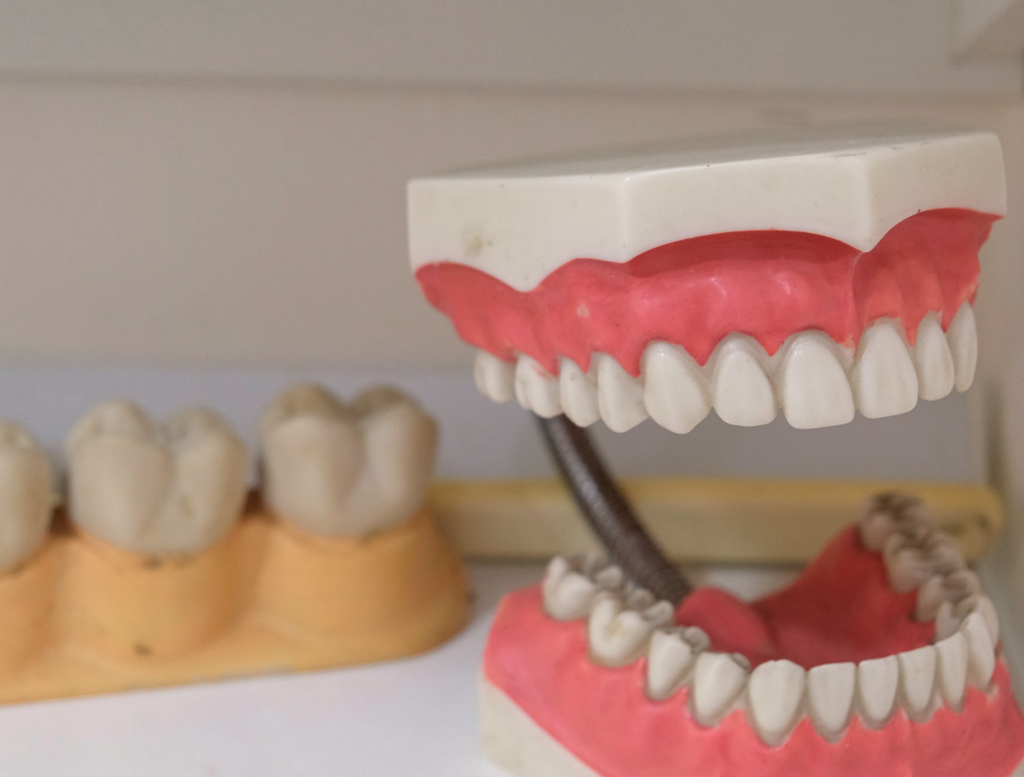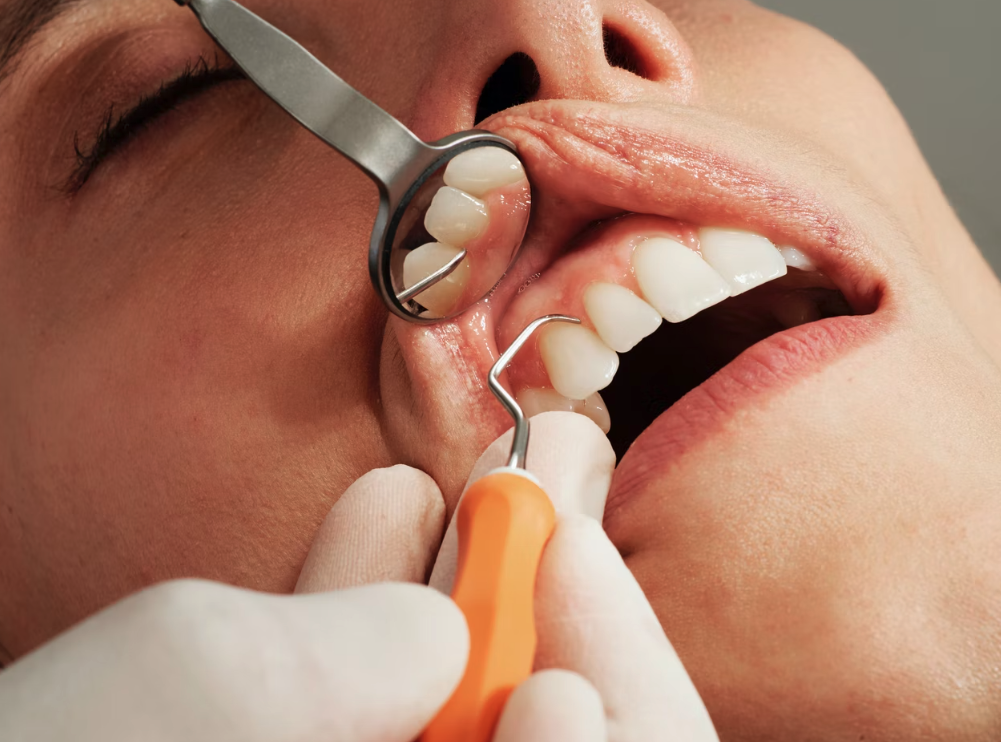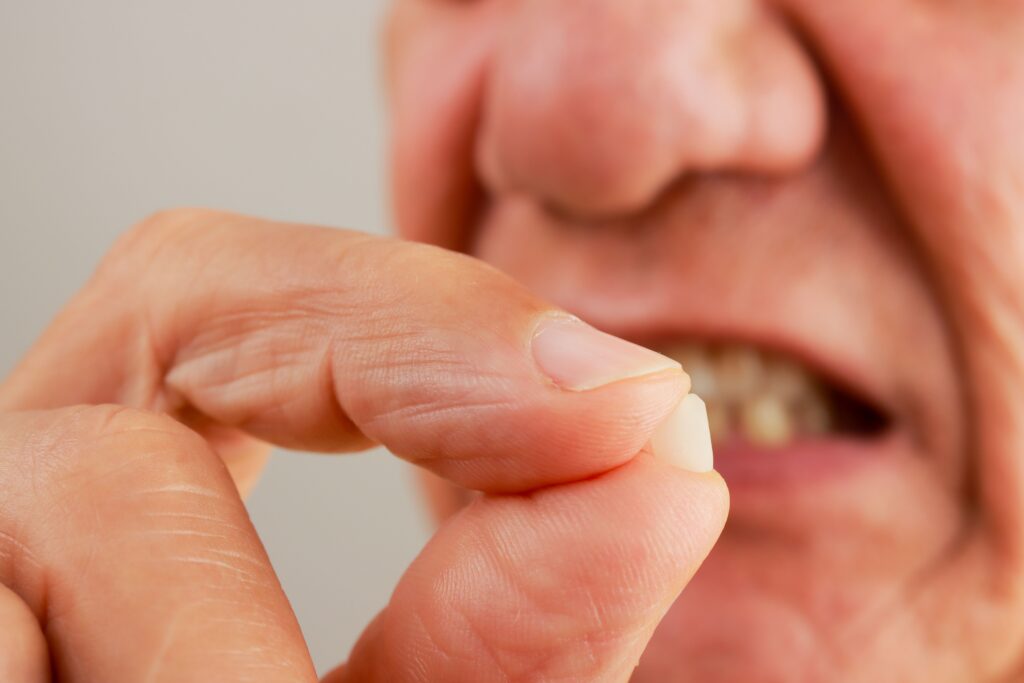A root canal does not necessarily require a crown, however, in most situations, your dentist will recommend or require that you get a crown after having a root canal.
For example, if the tooth is severely decayed or damaged, a crown may be necessary to help restore it to its original shape and function. In addition, if the tooth is at risk for fracture, a crown can also help to protect it.
In general, your dentist will recommend the best option for you based on the severity of the damage to your tooth and your individual needs.
Why is a Root Canal Needed?
When the nerve of a tooth becomes infected, it needs to be removed. This is done through a root canal. After the nerve is removed, the tooth is no longer alive, which means it does not have the ability to repair itself. Without treatment, the tooth will eventually fall out.
A root canal is a procedure that is used to remove the infected nerve from the tooth. Once the nerve is removed, the tooth is no longer alive and will need to be replaced with a dental crown.
What is a Dental Crown?
A dental crown is a prosthetic device that is used to replace the natural crown of a tooth. The crown is placed over the tooth to protect it from further damage. Crowns are made from a variety of materials, such as porcelain, ceramic, or metals.
What Procedure can be Done Rather Than Having a Crown?
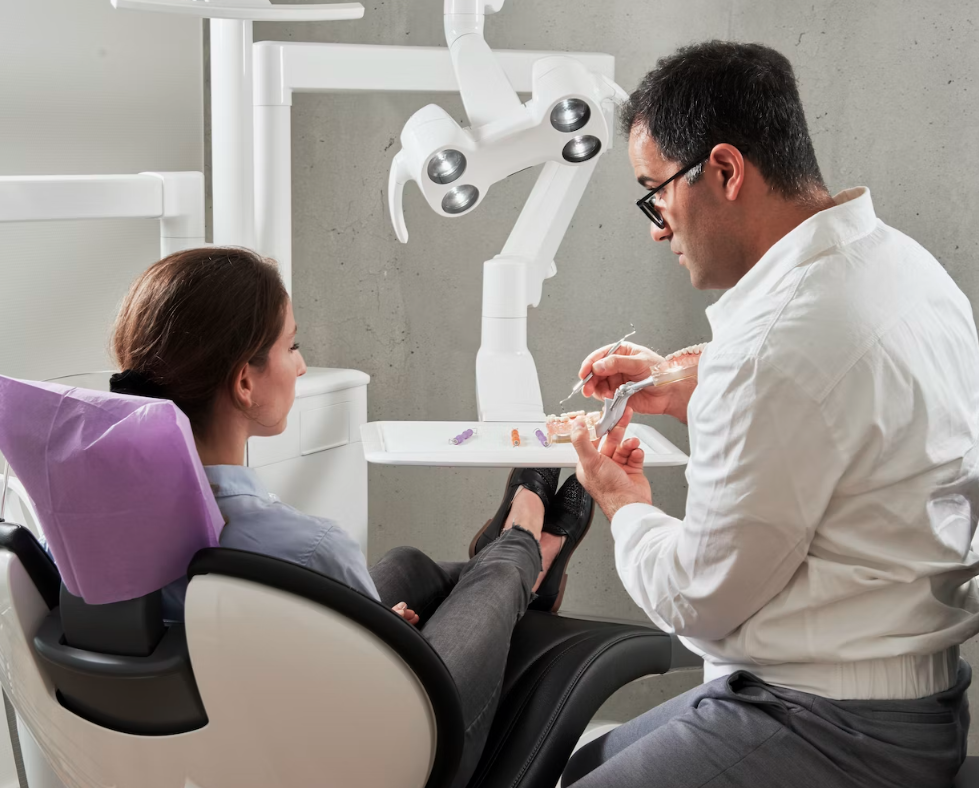
If the tooth is not too badly damaged, a permanent filling may be all that is needed. However, if the tooth is severely damaged, a crown may be the only way to save it.
Your dentist will be able to determine if a crown is necessary based on the severity of the damage to your tooth. If a crown is not needed, they may recommend another procedure, such as a filling, to help restore your tooth.
When is a Crown Needed After a Root Canal?
In most cases, a crown is needed after a root canal. This is because the tooth is no longer alive and will not be able to repair itself. Without a crown, the tooth will eventually fall out.
Your dentist will be able to determine if you need a crown after a root canal. If you do need a crown, they will be able to help you choose the best material for your needs.
Reasons for Getting a Crown After a Root Canal
After a root canal, a crown is often recommended to protect the tooth and ensure its longevity. Here are a few specific reasons why your dentist might suggest getting a crown:
- Structural Support: After a root canal, the tooth may become more brittle and vulnerable to fractures. A crown provides essential support, helping the tooth withstand the pressures of chewing and biting.
- Restoration of Function: Crowns can restore the shape and function of a tooth, allowing you to eat and speak normally. This is especially important if the tooth is located in the back of your mouth where chewing forces are greater.
- Aesthetic Improvement: If the treated tooth is visible when you smile, a crown can enhance its appearance. Crowns can be made to match the color and shape of your natural teeth, providing a seamless look.
Alternative Options to Crowns
While crowns are often the best option following a root canal, there are alternative treatments depending on the tooth’s condition:
- Onlays or 3/4 Crowns: If the tooth is only partially damaged, your dentist may recommend an onlay or a 3/4 crown, which covers a smaller portion of the tooth compared to a full crown. This option can be less invasive while still providing necessary support.
- Dental Fillings: For teeth that are not heavily damaged, a filling may suffice. Fillings can restore the tooth’s structure and function, especially if the decay is minimal and the tooth is otherwise healthy.
- Veneers: In some cases, especially for front teeth, a veneer may be a suitable option to improve appearance without the extensive coverage of a crown. Veneers are thin shells that cover the front surface of the teeth.
The Crown Procedure
Getting a crown typically involves two visits to the dentist:
- Initial Visit: During the first appointment, the dentist will clean and prepare the tooth after the root canal procedure. They will take impressions of the tooth to create a custom crown. You may receive a temporary crown to protect the tooth while your permanent crown is being made.
- Final Visit: Once the permanent crown is ready, you’ll return to the dentist’s office to have it fitted. The dentist will ensure it fits properly, making any necessary adjustments before permanently cementing it in place.
Aftercare for Crowns
Taking care of your crown is crucial for its longevity. Here are some tips:
- Good Oral Hygiene: Brush and floss your teeth regularly, focusing on the area around the crown to prevent decay or gum disease.
- Avoid Hard Foods: While crowns are durable, avoiding hard foods that could chip or crack the crown is wise.
- Regular Dental Checkups: Regular visits to your dentist can help ensure that your crown remains in good condition and that any potential issues are caught early.
Contact Family Tree Dental For A Root Canal
If you are experiencing pain in one of your teeth, it may be infected at the root and require a root canal. If you are located in the Southeastern part of Ohio, contact Family Tree Dental today to schedule an appointment. We will be able to determine if you need a root canal and help you decide if a crown is necessary. We have offices in Marietta and Belpre, Ohio as well as Parkersburg, West Virginia.


